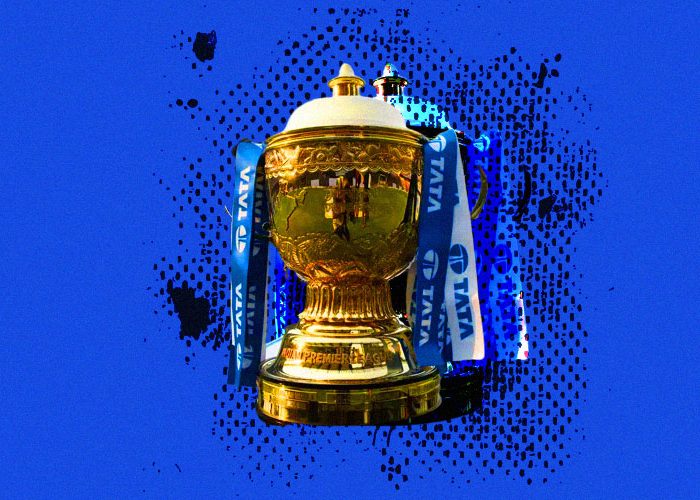
IPL revolutionized cricket by introducing new formats, rules, technologies, and innovations
Board of Control for Cricket in India (BCCI) in 2008. The IPL is one of the most popular and lucrative sports leagues in the world, attracting some of the best players, sponsors, and fans from across the globe. The IPL has also revolutionized the game of cricket by introducing new formats, rules, technologies, and innovations. This article will examine how the IPL has evolved over the years and its impact on India and the world.
The IPL was conceived as a response to the success of the Indian Cricket League (ICL), a rebel league that was not recognized by the BCCI or the International Cricket Council (ICC). The BCCI wanted to create a legitimate and profitable league to showcase Indian talent and attract international stars. The IPL was modeled after the English Premier League (EPL), a football league that had a franchise-based system, where private entities and players-owned teams were auctioned to the highest bidder. The IPL also adopted the Twenty20 format, a shorter and more exciting version of cricket that lasted about three hours per match.
The first edition of the IPL was held in 2008, with eight teams representing eight major cities in India. The teams were named after their respective cities, such as Mumbai Indians, Chennai Super Kings, Delhi Daredevils, etc. The teams consisted of a mix of Indian and foreign players, with a limit of four overseas players per team. The matches were played in a round-robin format, followed by a knockout stage. The inaugural season was hugely successful, with high viewership, attendance, and revenue. The Rajasthan Royals emerged as the champions, defeating the Chennai Super Kings in the final.
Since then, the IPL has grown exponentially, both in terms of popularity and profitability. The league has expanded to include more teams, such as Pune Warriors, Kochi Tuskers Kerala, Gujarat Lions, Rising Pune Supergiant, etc. However, some were later terminated or suspended for various reasons. The league has also increased prize money, sponsorship deals, media rights, and player salaries. The IPL has become one of the most valuable sports brands in the world, with an estimated worth of $6.8 billion in 2020. The Mumbai Indians are the most successful team in the IPL history, having won five titles.
The IPL has also significantly impacted cricket and culture, both in India and abroad. The IPL has helped popularize cricket among new audiences, especially young and urban people who prefer shorter and faster entertainment formats. The IPL has also created new opportunities for players, coaches, umpires, commentators, broadcasters, and other stakeholders involved in the game. The IPL has also fostered a sense of regional pride and identity among fans who support their local teams. Moreover, the IPL has also contributed to social causes, such as environmental awareness, women empowerment, education, health care, etc., through various initiatives.
The IPL is not without its challenges and controversies, however. Over the years, the league has faced issues such as match-fixing scandals, spot-fixing allegations, corruption charges, legal disputes, security threats, political interference, etc. The league has also been criticized for being too commercialized, glamorous, disruptive, or foreign for some sections of society. The league has also been affected by external factors, such as the COVID-19 pandemic, which forced it to be postponed or relocated to other countries.
Despite these challenges and controversies, the IPL remains one of the world’s most successful and influential sports leagues. The IPL has changed the face of cricket and created a lasting legacy for India and the world.











